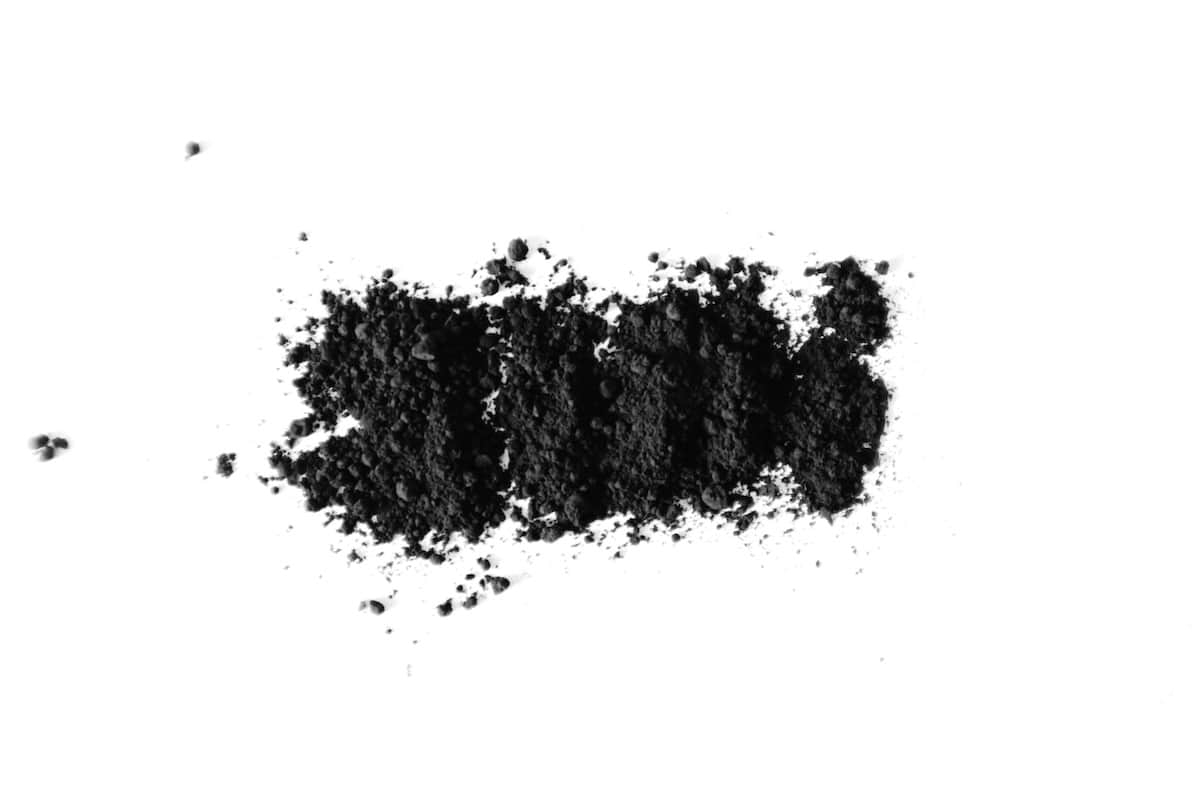Last update: January 20, 2025
6 minute read
The Health Benefits of Vitamin K
Learn about the essential health benefits of vitamin K and how it promotes bone strength, heart health, and more.

By Stephanie Wright, RN, BSN
Edited by Dr. Dimitar Marinov, MD, RDN, PhD

If there's one underrated vitamin that deserves more attention, it’s vitamin K! Sometimes called the "missing link", Vitamin K supports healthy blood clotting, strong bones and teeth, cardiovascular health, and more.
What is vitamin K?
You may think vitamin K is a single vitamin, but it's a group of fat-soluble nutrients with similar chemical structures. Vitamin K1 is found predominantly in green leafy vegetables and vitamin K2 occurs mainly in animal products, cheese, and certain fermented foods.
Vitamin K2, also known as menaquinone, is one of the most important and active forms in the body.
It has different types, called menaquinones, that go from MK-4 to MK-13; however, research has shown vitamin K2 MK-7 lasts longer in the body and has the best bioavailability when compared to other forms. That's why the MK-7 form is commonly found in nutritional supplements – including ours!

How vitamin K2 works
Vitamin K2 is super important for many functions in your body. One big job it does is to help control where calcium goes. It activates proteins that make sure calcium ends up in your bones and teeth, and not in places like your blood vessels.
This keeps your heart and other parts healthy. Vitamin K also helps stop bleeding. It activates a protein called prothrombin, which helps form clots when you get hurt.
Vitamin K2 sources
Ever wondered where you can get Vitamin K2 naturally? It's not just in supplements. Many foods boast this essential nutrient too. Dietary vitamin K2 is found in:
- Sauerkraut
- Natto
- Cheese
- Pastured butter
- Pastured egg yolks
- Organ meats
- Grass-fed beef and chicken
- Pork
Chronically low vitamin K2 intake is common in the West where fermented foods, pastured meat, and organ meats aren’t dietary staples. You may also hear about leafy greens like spinach, kale, broccoli, collard greens, and more being a source of vitamin K, but these include vitamin K1 rather than K2.
A portion of vitamin K1 is also synthesized into K2 by trillions of bacteria in your digestive tract – known as the gut microbiome. However, this process is inefficient and unreliable, particularly in those with poor gut health and who frequently use antibiotics.
Risk factors for K2 deficiency
Understanding the risk factors for vitamin K2 deficiency is crucial for maintaining optimal health. The risk of K2 deficiency is increased by:
- Pregnancy
- Aging
- Vegan and vegetarian diets
- Digestive conditions and poor fat absorption
- Low-fat diets
- Antibiotic use
- Taking cholesterol-blocking medication
VitaRx Tip
You may be low in vitamin K2 if you struggle with increased bruising, poor blood clotting, brittle bones, or markers of cardiovascular disease.
Benefits of vitamin K2
Vitamin K2 can help improve your overall health by helping you heal injuries, strengthen your bones, and improve your heart health. Let's dig into the proven health benefits of vitamin K2.
Blood clotting
Vitamin K2 plays a key role in helping your blood clot. When you get a cut or injury, this vitamin helps stop the bleeding by helping your body create proteins that block the flow of blood from wounds.
Without enough K2, cuts might bleed for a longer time. Ensuring you have the right amount of this vitamin is crucial for your health. It's one way your body protects itself after injuries.
Healthy bones
Vitamin K2 is important for strong bones, even if you don't always hear about it. K2 plays a vital role in activating the osteocalcin protein produced by bone cells or osteoblasts.
Osteocalcin binds to calcium in the blood and deposits it in bone tissue, which helps keep your bones dense and less likely to break. Interestingly, MK-7 has been shown to activate or carboxylate osteocalcin more completely than other forms of K2.
Recent research confirms the impact of vitamin K2 MK-7 on age-related bone loss. MK-7 increases bone mineral density and strengthens bone quality.
Calcium metabolism and cardiovascular health
Vitamin K2 is needed to activate the Matrix GLA Protein (MGP) that binds to calcium in the blood and prevents calcium deposits from forming in blood vessels and arteries. Insufficient K2 and inactive MGP increases blood vessel calcification, atherosclerosis, and high blood pressure. A 2019 meta-analysis found that higher levels of inactive MGP were associated with an increased risk of cardiovascular disease.
Frequently asked questions (FAQ)
Here are some of the most frequently asked questions about the health benefits of vitamin K.
Final thoughts
Vitamin K is an indispensable nutrient, playing a pivotal role in everything from blood clotting to bone health. Whether you're focusing on heart health or aiming to bolster your bones, it's essential to ensure you're getting enough of this vitamin. Start working towards the healthiest version of you, one vitamin at a time.
Sources
- Vitamin K: Double Bonds beyond Coagulation Insights into Differences between Vitamin K1 and K2 in Health and Disease - PMC
- MK-7 and Its Effects on Bone Quality and Strength
- Influence of Vitamin K on Bone Mineral Density and Osteoporosis - PMC
- Neuroprotective effect of Vitamin K2 against gut dysbiosis associated cognitive decline - ScienceDirect.
- Effect of supplementation with vitamins D3 and K2 on undercarboxylated osteocalcin and insulin serum levels in patients with type 2 diabetes mellitus: a randomized, double-blind, clinical trial | Diabetology & Metabolic Syndrome.
- MK-7 and Its Effects on Bone Quality and Strength - PMC
- Association of the Inactive Circulating Matrix Gla Protein with Vitamin K Intake, Calcification, Mortality, and Cardiovascular Disease: A Review - PMC.
- Association of vitamin K with cardiovascular events and all-cause mortality: a systematic review and meta-analysis
Author

Stephanie Wright
Stephanie brings over 13 years of diverse nursing experience to the table, having honed her expertise in critical care, mental health, and utilization management. Her journey as a registered nurse across these various healthcare sectors underscores her adaptability and deep commitment to patient care.
Fact checker

Dr. Dimitar Marinov
Dr. Marinov has years of experience in scientific research and preventive and clinical medicine. His publications in peer-reviewed journals are on nutritional status, physical activity, and musculoskeletal disorders among adolescents.
At VitaRx, we're not just passionate about our work — we take immense pride in it. Our dedicated team of writers diligently follows strict editorial standards, ensuring that every piece of content we publish is accurate, current, and highly valuable. We don't just strive for quality; we aim for excellence.
Related posts
While you're at it, here are some other relevant articles you might be interested in.

Get your personalized vitamin recommendations in less than
5 minutes.
Get your personalized vitamin recommendations in less than
5 minutes.






